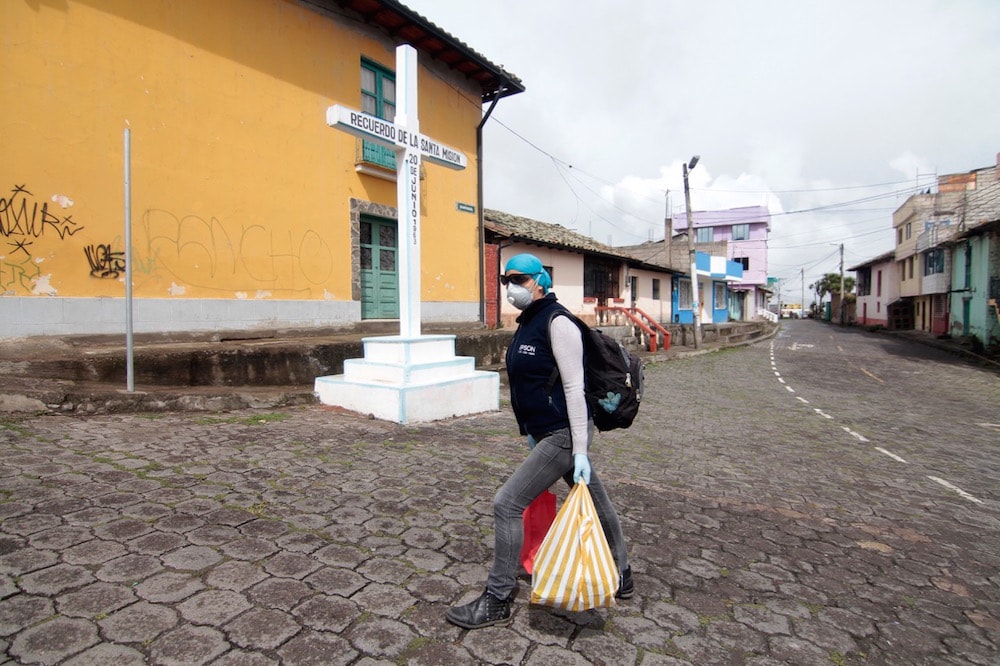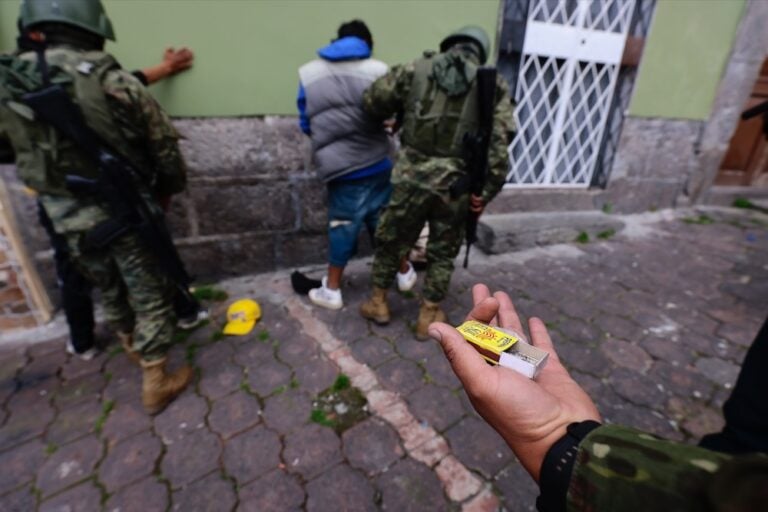A group of journalists came together to write obituaries and pay tribute to those who died during the emergency, whose family members are unable to hold funerals.
This statement was originally published on fundamedios.us on 16 April 2020.
On April 1, 2020, the digital magazine La Barra Espaciadora launched the Memorias Vivas project. Within days of Ecuador’s declared state of emergency, inaccurate figures released through official gazettes did not account for the lives lost by COVID-19, and a group of journalists came together to write obituaries and pay tribute to those who died during the emergency, whose family members are unable to hold funerals.
As of today, 73 obituaries have been published and almost 600 names are pending registration. Friends, family and unions have contacted the team of Memorias Vivas, that has the support of Fundamedios, because they want to immortalize the memory of those they loved, and that they are not forgotten behind a general assessment of the pandemic in Ecuador.
“One heartbreaking thing about the moment we live in is that our loved ones cannot receive the collective tribute they deserve. This project tries to somehow repair that impossibility. Because all the lost lives are important,” says the journalist Alina Manrique. Every day, she and journalists Diego Cazar, Thalíe Ponce, José Miguel Cabrera, Jackeline Beltrán, Eddie Paucar and Karla Armas, check names, ages, professions and stories.
«Behind the numbers there is life. Lots of life», says Diego Cazar, who highlights the power of collaborative journalism in times of national emergency. Without a doubt, Memorias Vivas of La Barra Espaciadora will serve as a source of consultation to establish the dimension of the tragedy and its many nuances.
“It is intended to beat oblivion, give face to the figures, give names to those people who are not there and whom we could not embrace,” emphasizes Thalíe Ponce. Remembering them in this collective memorial is an exercise in seeking the truth and dealing with pain.



